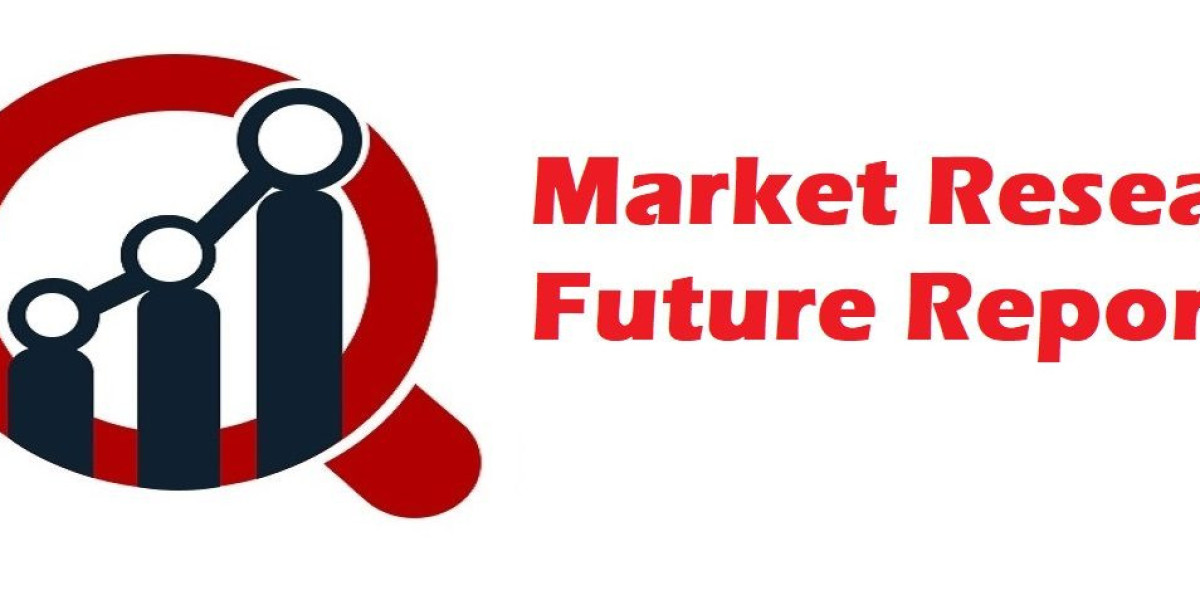In the digital age, data has emerged as the cornerstone of innovation across industries, and healthcare is no exception. The convergence of big data and analytics has revolutionized how medical professionals diagnose, treat, and prevent diseases, ushering in a new era of personalized medicine and improved patient outcomes. The healthcare big data analytics market has become a focal point for stakeholders seeking to harness the power of data to drive efficiencies, enhance decision-making, and ultimately, transform the healthcare landscape.
Big Data in Healthcare: Shaping the Industry Landscape
Big data in the healthcare industry refers to the vast volumes of structured and unstructured data generated from various sources such as electronic health records (EHRs), medical imaging, wearable devices, and genomic data. These data hold invaluable insights into patient demographics, treatment histories, clinical outcomes, and population health trends. By leveraging advanced analytics tools and techniques, healthcare providers can derive actionable intelligence from this wealth of information, driving improvements in care delivery, operational efficiency, and cost management.
The Market Dynamics of Healthcare Big Data Analytics
The healthcare big data analytics market is experiencing robust growth, fueled by several key factors. Firstly, the increasing adoption of electronic health records (EHRs) and digital health technologies has led to a proliferation of healthcare data, creating opportunities for analytics-driven insights. Additionally, the rising demand for value-based care and population health management solutions has spurred investment in data analytics platforms that enable risk stratification, care coordination, and predictive modeling.
Moreover, regulatory mandates and government initiatives aimed at promoting interoperability and data sharing have further accelerated market expansion. For instance, initiatives such as the Health Information Technology for Economic and Clinical Health (HITECH) Act and the Affordable Care Act (ACA) in the United States have incentivized healthcare organizations to adopt electronic health records and invest in data analytics capabilities.
Key Players and Innovations
A myriad of companies are at the forefront of driving innovation in healthcare big data analytics. Industry giants such as IBM, Optum (a subsidiary of UnitedHealth Group), and Cerner Corporation offer comprehensive analytics solutions tailored to the needs of healthcare providers, payers, and life sciences organizations. These solutions encompass a wide range of capabilities, including population health management, clinical decision support, revenue cycle management, and risk adjustment.
Furthermore, startups and niche players are carving out their niche in the market by focusing on specialized analytics applications such as predictive analytics for disease prevention, precision medicine, and real-time monitoring of patient vitals. These innovators leverage advanced technologies such as artificial intelligence (AI), machine learning, and natural language processing to extract insights from disparate data sources and deliver personalized, data-driven care interventions.
Some of the Healthcare Big Data Analytics Companies are Allscripts Healthcare Solutions, Cerner, Cotiviti (Verscend Technologies), Citiustech, Health Catalyst, IBM, Inovalon, McKesson Corporation, Medeanalytics, Optum, 3M, Oracle, SAS Institute Inc., and SCIO Health Analytics (An EXL Company)
Challenges and Opportunities
Despite its immense potential, the healthcare big data analytics market faces several challenges, including data privacy and security concerns, interoperability issues, and the shortage of skilled data scientists and analysts. Moreover, the complexity of healthcare data, which often resides in siloed systems and formats, poses significant integration challenges for organizations seeking to derive meaningful insights from their data assets.
However, these challenges also present opportunities for innovation and collaboration within the industry. Healthcare stakeholders are increasingly partnering with technology vendors, research institutions, and regulatory bodies to address these challenges and drive advancements in data interoperability, privacy-enhancing technologies, and workforce development.
Looking Ahead
As we look ahead, the healthcare big data analytics market is poised for continued growth and transformation. With ongoing advancements in technology, regulatory reforms, and changing healthcare paradigms, data analytics will play an increasingly integral role in shaping the future of healthcare delivery and outcomes. By harnessing the power of big data, the industry has the potential to drive efficiencies, improve patient outcomes, and ultimately, usher in a new era of precision medicine and personalized healthcare.
Browse Related Reports:
Wearable Tracking Devices Market
For More Information, Please Visit @ Market Research Future



